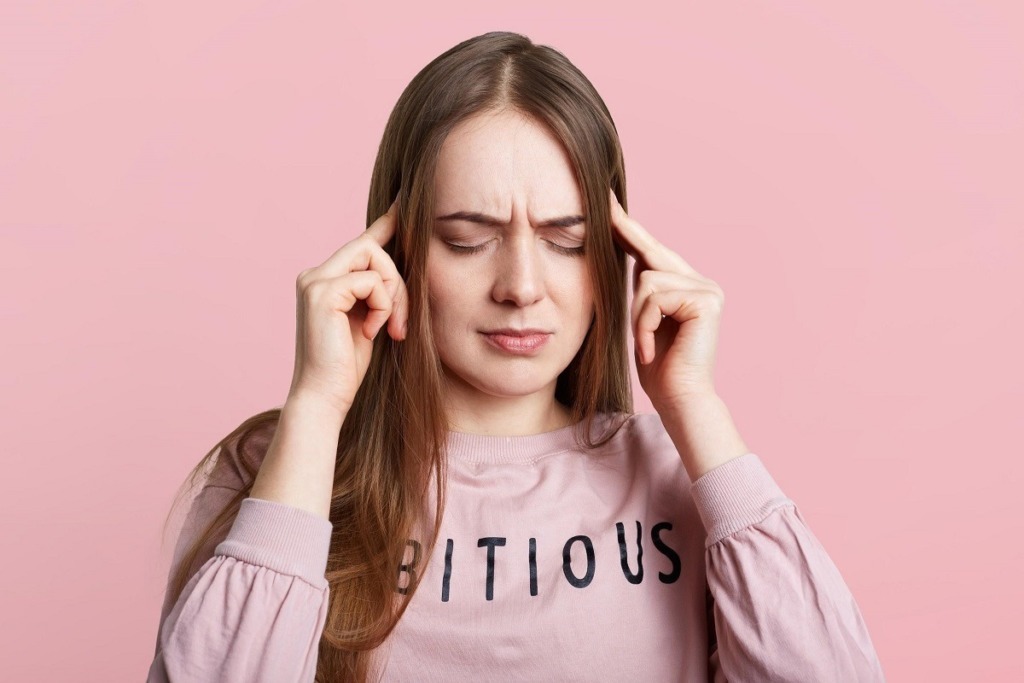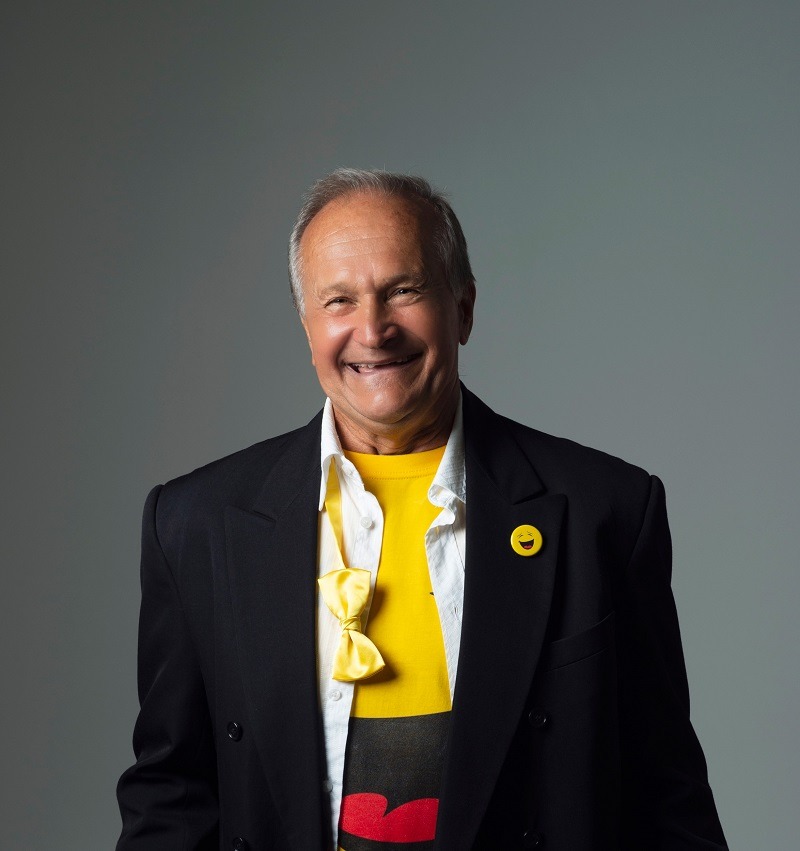
Of mental health.
Written by Steve Malloy
It’s an expression we hear everyday, so it might surprise you that the term ‘mental health’ is frequently misunderstood. According to the World Health Organisation, mental health is “a state of well-being in which every individual realises his or her own potential, can cope with the normal stresses of life, can work productively and fruitfully, and is able to make a contribution to her or his community. “A person's mental health affects how they feel, think, behave and relate to others. Many factors contribute to overall well being. Small factors were referred to as stress, larger factors mental health, but it’s far more complex than once stigmatised. It can be broad and far more complex than we once thought, anything from stresses in life to lifelong struggles. Young people are facing an employment crisis and their mental health is being affected by concerns there won't be enough jobs for them in the future.
With automation, robots, self-serving cashiers, software replacing services and globalisation all contributing to uncertainty in the economy. More roles have been created around part-time employment roles, 6 months probationary periods and employment laws changing to benefit the large corporations. Companies such as Atlassian, Canva and a handful of large companies outsourcing their development team from India. This uncertainty is amongst the growing number of restructuring which is putting stress on our most vulnerable employees.
Frank Chow, a Sydney psychiatrist who specialises in workplace mental health, said young people who lost their jobs were vulnerable to anxiety and depression because of the competition they faced in a tough job market. Some may also face problems including homelessness and increased use of drugs and alcohol. During lockdowns and social distancing was forcing people to interact less socially as less gatherings had an impact.
Physical exercise became less as gyms, bootcamps, sporting clubs and exercise classes became virtual with less interaction. Healthy diets have declined with unhealthy eating on the rise as people are worried about their mortgages, have taken a priority and delivery of unhealthy fast foods have been on the rise. People have uptaken the ease of delivery apps such as Deliveroo, Uber Eats and Menulog which stalled fine dining with friends and the convenience has outweighed good healthy options. Heavy mortgages combined with job uncertainty have taken their toll and can affect daily living, relationships, and physical health.
Early signs
No physical test or scan that reliably indicates whether a person has developed a mental illness. However, people should look out for the following as possible signs of a mental health disorder:
- • withdrawing from friends, family, and colleagues
- • avoiding activities that they would normally enjoy
- • sleeping too much or too little
- • eating too much or too little
- • feeling hopeless
- • having consistently low energy
- • using mood-altering substances, including alcohol and nicotine, more frequently
- • displaying negative emotions
- • being confused
- • being unable to complete daily tasks, such as getting to work or cooking a meal
Laughing is the cure
We are encouraging people to be proactive in looking after their Mental Health not being reactive. Laughing Life, a laughing club in New South Wales provides total engagement of all participants to assess how they are feeling holistically. It can be likened to a “LITMUS TEST” of life, a reality check to see if you have lost your MOJO in life. This is the same as a person who has become sedentary and suddenly has to climb a flight of stairs and realising that they are out of breath. “Mental illness is a gradual thing – it comes on slowly”.
There is a ‘loneliness crisis’ said digital expert Kristy Goodwin, the infiltration of technology was partly to blame for fewer personal connections and deep friendships. Mark McCrindle, CEO of McCrindle Research, “said the decrease in meaningful relationships would have huge implications for mental wellbeing. At the same time, we’ve seen the decline in social connection, we’ve seen a rise in mental health issues.” One of the attributes of our program is social bonding and the benefits of this can never be underestimated. Laughing Life sets ‘digital downtime’ and ‘digital detox’ to reduce our addiction to mobile phones and social media.

Hans Schwedler, founder of Laughing Life. A modern day Patch Adams.
Allowing people to have a second chance at life and don’t have to go into the abyss of lifelong Mental health Issues with regrets in life. Allowing people to rewrite their story of their life. There’s no easy cure for mental health, people need a break to realise how bad they feel mentally so that they can find a modality to balance their mental/physical Health.
I wonder if Fun Sessions can be the ladder that helps people get out of a Mental Illness hole, if you are not in a particularly very good place.
“Remember laughing? Laughter enhances the blood flow to the body’s extremities and improves cardiovascular function. Laughter releases endorphins and other natural mood elevating and pain-killing chemicals, and improves the transfer of oxygen and nutrients to internal organs.
Laughter boosts the immune system and helps the body fight off disease, cancer cells as well as viral, bacterial and other infections. Being happy is the best cure of all diseases!”
― Patch Adams
Exploring the often misunderstood Exploring the often misunderstood Exploring the often misunderstood Exploring the often misunderstood



